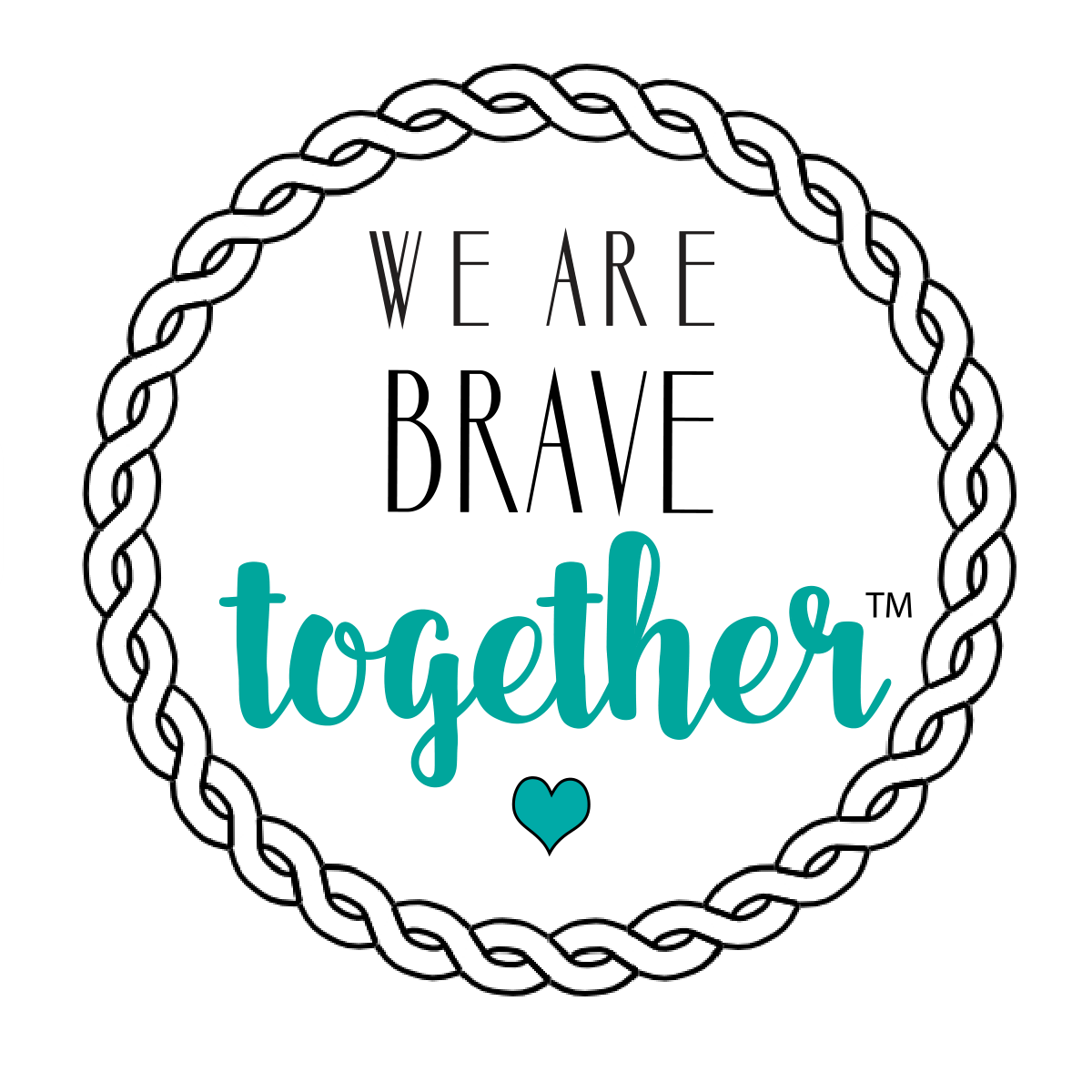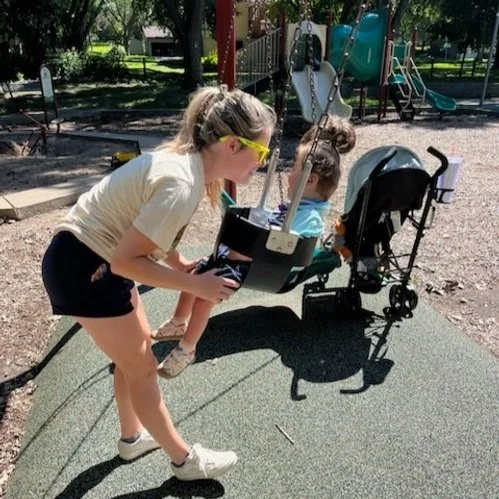Hard But Not Extraordinary
written by
In a recent speech, the governor of Michigan, Gretchen Whitmer, said in regards to caregiving that it was “hard but not extraordinary.” I listened to those words and found myself weeping. Tears dampened my cheeks. At that moment, I felt completely seen.
As a caregiver, things that are hard become ordinary. It happens slowly. Caregiving starts out overwhelming and all consuming. I remember this feeling as I curled up on the hospital bathroom floor, clutching my knees, sobbing, yet again. In this moment I felt it all, the difficulty, the enormity, and the desire to give up.
My son had more needs than I thought I could handle; he wasn’t even a year old and had more surgeries than anyone should have in a lifetime. One of the surgeries was to place a tracheostomy. Meaning, my son would need to be hooked up to a machine to be able to breathe. A simple, thoughtless action—pushing air in and out of lungs—was suddenly painstakingly mechanical. I said to the staff the day we decided to place the trach, “You don’t understand, if we place this trach, I will be doing all of this alone, I will lose all of our support.”
And we placed it anyway, because it wasn’t about my needs, it was about my son’s needs.
So, there I was, crying heavy tears, in the fourth-floor bathroom in the pediatric hospital, knowing that I would be taking my son home soon, and feeling all alone. There I was, clutching my phone, and I did something courageous. I called for help. I called another medically complex child’s mom. I asked her, “How do I do this? How did you do this? I can’t possibly do this.”
In between sobs she reminded me to breathe, and she told me, “You can do hard things.” But this felt too hard.
My son, Nash, spent 476 Days in the NICU/PICU before being discharged. Nash was born very early, a micro preemie at 26 weeks and 3 days. When Nash was in utero, he was diagnosed with a rare birth defect called an Omphalocele. This occurs when your organs are outside of your body. For Nash, his liver was where his belly button should have been. When he was born, he needed to be put on a ventilator immediately and had a bilateral 3/4 brain bleed, or stroke. Nash fought hard, and he almost died several times.
We were suspended in an unknown future, not knowing what life would look like for Nash, and for me. His journey through the hospital stay was long, arduous, and it was nearing the finish line. With every ounce of joy there were mountains of fear.
He was about to be discharged, to just me. At that point it was unknown if I would ever be able to staff his necessary full-time care. I would be the full-time caregiver. For 168 hours a week I would be keeping my child alive. This was in stark contrast to the 24/7 one-on-one care he was receiving from entire teams of medical professionals, taking care of his every need. And I was just one person.
I doubted I was up to the task.
I’ve heard from almost every mother that there’s a moment of panic and self-doubt when your tiny baby is sent home from the hospital. Because being a mother is hard. Motherhood is tiresome, not just physically but mentally as well. Motherhood straddles the line between joy and suffering.
Seeing my son’s face light up when he sees me, and then looking down and seeing the machines and cords tangled around his little body was equally devastating and wonderful. It’s in that space and tension of both emotions that motherhood exists. It is incredible, and it is ordinary.
As with any new task, the hardest days are the first. Those first few days home were grueling, demanding, and exhausting. I stayed up and watched my son’s monitors for almost two days straight, convinced if I looked away, he’d die. My own mother came by, and we performed an emergency tracheostomy change and saved my son’s life.
That first week, I would save my son’s life four more times.
Those days were hard, very, very hard, and yet we slowly settled into safety, my son and me. As time went on, I learned to trust that I was a capable mother and caregiver. This trust was built with time and experience.
I faked confidence that I could do this, and then I did. I took care of my son again, and again. Not always successfully. Some days I was angry, and sometimes I cried. But then I started building Team Nash. I hired a few more caregivers, built out a community of support, and we continue to do hard things. Together.
And on the most ordinary, wonderful days, I am a mom enjoying life with her son. We walk the dog. We go to the park. We sit in the sunshine. I read to Nash, and we sing songs. These moments thread together our days with laughter, yet it’s not always perfect. Our days are filled with appointments and that business can be overwhelming.
Yet, in the common mundane moments, we’re at peace. Safe and happy, hard and ordinary.
Kit Chambers is born and raised in Minnesota. She loves coffee, golf and her dog Zeus. Her son Nash is her entire world. Before Nash, she was a middle school English teacher, and an aspiring writer. But so it goes, life had other plans. Now she’s his full-time caregiver, along with an amazing support system of nurses, family and friends. She is starting her nursing school journey and hopes to be an RN in a few years.



